In the 16th century, the Reform did not change the traditional role of women, limited to household tasks and to the education of children. However, their religious commitment, reading the Bible, which opened the door to education for them, the spectacle of the persecutions that led some of them to martyrdom would change their status. Women of the nobility, sensitive to the new ideas, propagated these ideas in their circles.
In the 17th century, during the War of the Camisards, some women became prophetesses and maintained an ardent religious and warlike fervor in the Cévennes. After the Revocation, it was the figure of Marie Durand (1712-1776) that remained the symbol of fidelity to the reformed faith.
By the end of the 18th century and throughout the 19th century, under the influence of the Great Awakening, the major movement of faith and social activism, Protestant women would participate in the education, aid and women’s emancipation movements.
In the middle of the 20th century, as part of the women’s protest movement born in the United States, French women theologians initiated a rereading of the Bible, denouncing the dominant image of the paternity of God, justifying the domination of women by men by his masculine characteristics. Little by little, Protestantism recognized for women the possibility of having real responsibilities in the Church and of becoming ordained ministers.
-
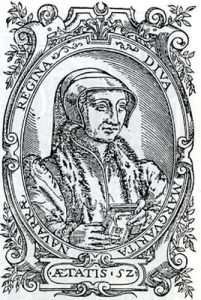
Marguerite d’Angoulême (1492-1549)
-
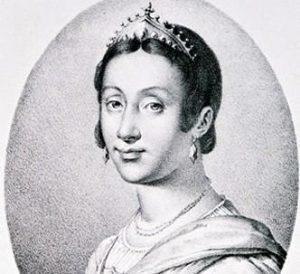
Renée de France (1510-1575)
-
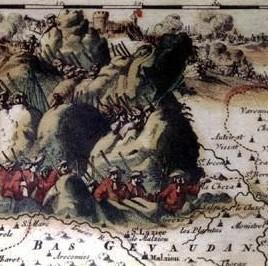
The war of the Camisards (1702-1710)
-
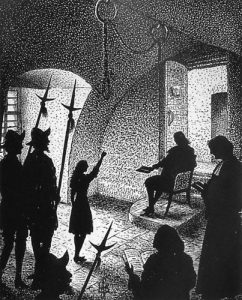
Prophetic Movement
-
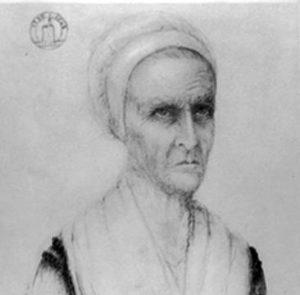
Marie Durand (1711-1776)
-

The Tower of Constance in Aigues Mortes (Gard)
-
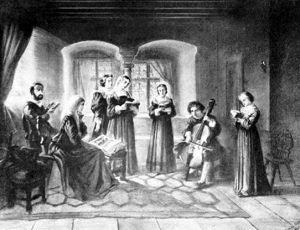
The role played by protestant women in society from the XVIth to the XIXth centuries
-
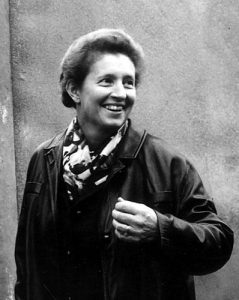
The role of protestant women during the 20th century
-
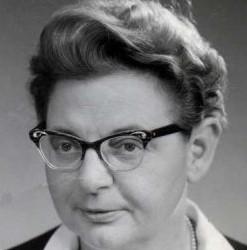
Madeleine Barot (1909-1995)
-
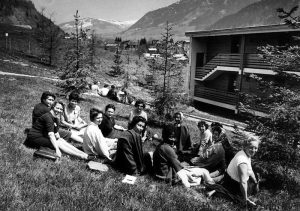
The Young Women’s Movement (Mouvement Jeunes Femmes)
-
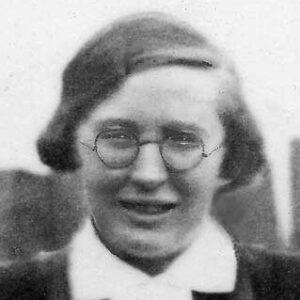
Women pastors
from 1900 to 1960 -
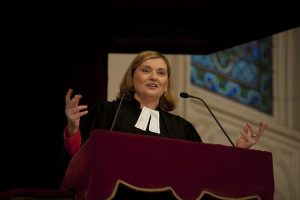
Growing numbers
of women pastors
between 1960 and 2000 -
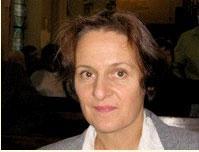
Feminist Theologies
